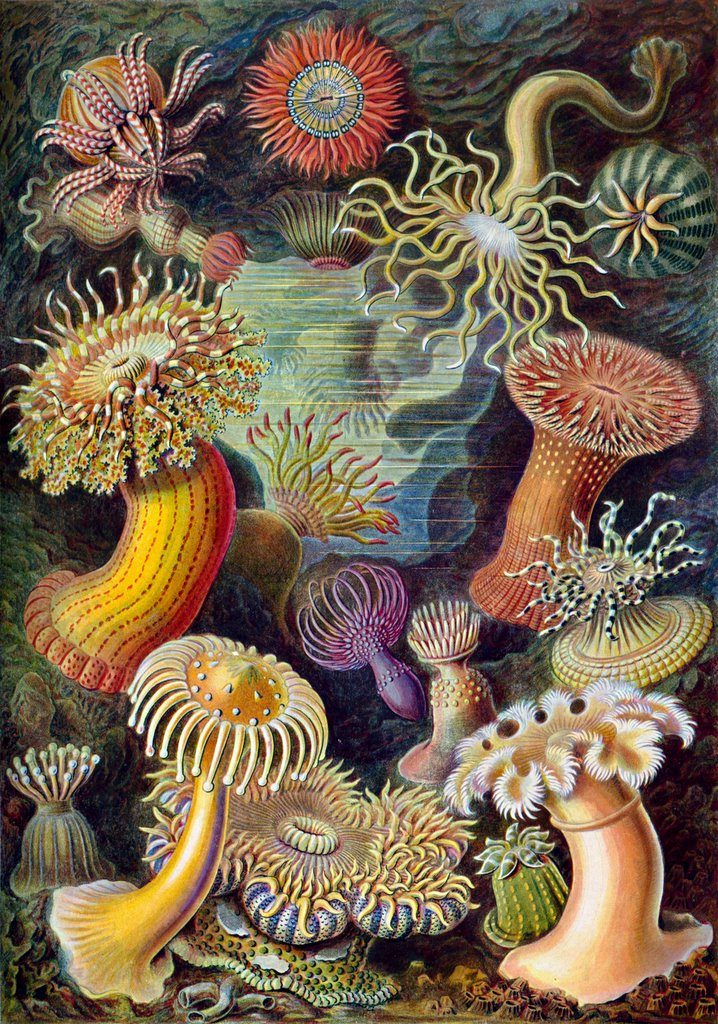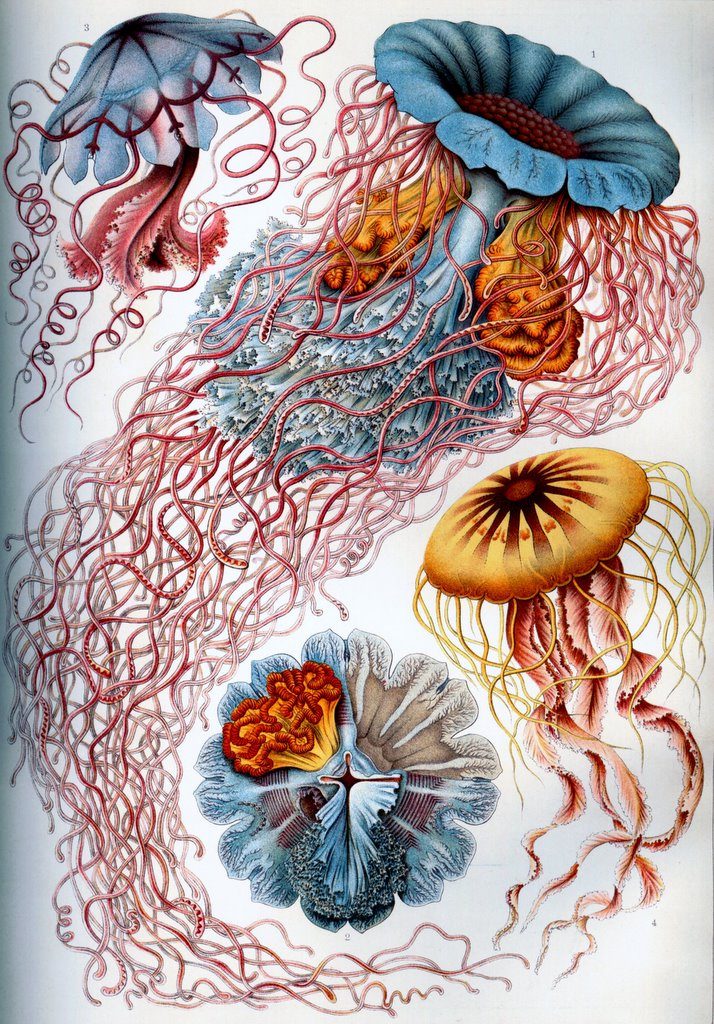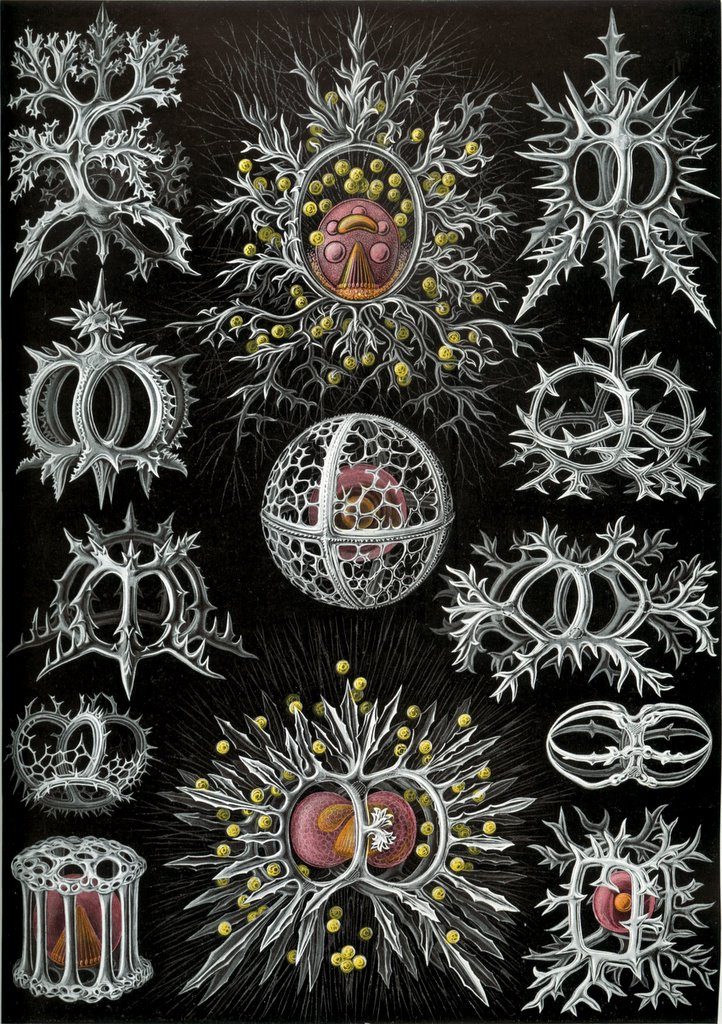Wikipedia editing can be stressful if you let it, and for plenty of editors, their time spent on Wikipedia becomes progressively less pleasant, until they leave and declare the whole thing a lost cause. Philosophy experts, in particular, tend to enter with enthusiasm and leave with hellfire and brimstone blog posts. One such malcontent (who hasn’t quite given up) is cataloguing fellow experts who are dissatisfied with Wikipedia.
It’s true that Wikipedia is, in many ways, a difficult venue for expert knowledge (and the keepers of that knowledge). JKelly puts it well:
Wikipedia is an unwelcoming place for the expert. There are a number of reasons for this:
- As with the internet as a whole, there is no convincing way to exert expertise, other than by making sound arguments. As with the entire internet, sound arguments have less impact than persistence, belligerance and popularity.
- Experts rely upon original research and sources that cannot always be verified by the public. Neither of these belong on Wikipedia.
- Experts expect, quite reasonably, to be rewarded for the effort put into acquiring their expertise. There is no reward system in Wikipedia.
So Wikipedia is, and will remain, a great place for hobbyists. One might say that this has little impact on Wikipedia’s quality as the treatment of subjects in thirty-two kilobytes rarely demands an understanding of any subject beyond the hobbyist level. There is a loss is in those places in which the popular view of a subject is misleading. Furthermore, an expert has immediate access to reliable sources which may take a hobbyist a great deal of time to find, or elude them completely. I don’t see any way to reconcile Wikipedia’s mission with supporting expert editors, however. Experts can, of course, contribute to articles on subjects on which they are themselves hobbyists. The side-effect is that hobby subjects get enthusiastic coverage, while drier topics languish, and will continue to do so until fashion touches upon them.
But JKelly, unlike many ex-Wikipedian philosophers, takes this reality with a wink and a nudge:
Taking a proactive approach, I hope to solve part of this by marketing a French novelist vs. German literary figures collectible card game.
This isn’t just clever irony; Wikipedia’s greatest potential is as the mass culture point of entry to otherwise esoteric and over-specialized scholarly subjects.
The common complaint of burnt-out experts like Chris Hillman and Windy City Mike is that the bad editors, the opinionated amateurs and ideologues with 16 hours a day to devote to pushing their skewed views, tend to win in the long run through sheer tenacity. A knowledgeable expert puts in a lot of work improving an article on their pet topic, but without constant diligence, the mob will introduce pablum and distortion until all their precious work is undone.
Wikipedia’s epistemological foundation, the expert realizes, is fatally flawed. “Consensus does not equal truth!”, they proclaim. Not to get all post-modern, but I think that critics take the wrong approach to issues of truth vis-a-vis the encyclopdic project (perhaps philosophers, especially). When Wikipedia works (from an expert knowledge perspective), it works because editors writing (and citing) from the experts’ corner are able to create a strong enough consensus that they are no longer fighting against the mob to retain the quality information in an article. Instead of thinking of Wikipedia in terms of personal epistemology–how do I know what I know, and how can I infuse the steps to truth into this article?–we should think of it in terms of cultural epistemology–what do most people think about this topic, where does that information come from, and what should this article say to bring them from where they are to where they ought to be?
As the self-identified post-moderns and social constructivists frequently point out, it isn’t that they don’t believe in truth or objective reality (for the most part, they do) . It’s just that, at the end of the day/career/life, the amount and quality of scholarly knowledge that you’ve produced matters much less than what you do with it and how you make it meaningful within the common cultural-intellectual framework. Barring the fulfillment of Ray Kurzweil‘s prophecies (in which case we’ll have hybrid computer-minds with infinite room for details and virtual immortality), the endgame of scholarship should be intellectual products consumable by those who haven’t sacrificed years of their lives to be able to understand that specific narrow body of knowledge.
Three inter-related topics on Wikipedia that I get frustrated about are Intelligent Design, pseudoscience, and scientific method. As a science studies scholar (and someone with a fair amount of experience with both the practice of science and the ID movement), I feel like I know better than the Wikipedia consensus, have access to and knowledge of more reliable/neutral sources, etc. But I have (in the short term) given up on reforming these topics, because I know how out of line my views are with the general WP population, and I’m not good enough (yet) to convince them. But I feel like the fault is as much with the experts I channel and the broader set of experts who should be involved in the public discussion of these topics as with myself and my failings as an editor. I know that Michael Ruse and Steve Fuller are much more credible sources than Barbara Forrest, Eugenie Scott and Robert Pennock, when it comes philosophy of science, the Intelligent Design movement and its history, and the demarcation of science and not-science, but they (and the intellectual communities they represent) have failed to bring good enough arguments, forceful enough rhetoric, and (here science studies scholars are especially at fault) enough willingness to engage in controversial topics publicly. (As an aside, I’m increasingly convinced that we did, in fact, lose the Science Wars; humanists no longer seem to think they are entitled to a place at the table when it comes to science policy and interactions between science and society.)
It is important to note that the WP population is very different from the general US population, much less any sort of “general” world population. Somewhat more intelligent, much more educated, much more technophilic, much more male, etc. Wikipedia is more of an intermediate level of expertise than a mass culture free-for-all, even if membership in the semi-elite is theoretically open to all. That means that, while it can be difficult, progress is possible; Wikipedians are educable and often reasonable and willing to be convinced by the proper application of argument and authority. But the goal has to be changing or creating the consensus, not defending the truth from the consensus.
The structure of Wikipedia is a compromise between the ultra-populist caricature that disaffected philosophers describe and the expert authority-based but ultimately culturally impotent traditional encyclopedia model. As Wikipedia consolidates its cultural power, the chaotic open system that made it successful in the first place will be less and less necessary, and more structured and restrictive policies and software elements can be implemented, and the culture of Wikipedia will continue to focus more on reliability. This has been happening gradually for some time, and things are clearly getting better; just look at the typical level of citation in Wikipedia today compared to a year ago. There’s no need to rush things in that regard, lest it lose some effectiveness by becoming too elite too fast. In almost every way, Wikipedia is getting better, not worse. Individual articles may go through cycles of decay and renewal, and experts may get frustrated with the lack of perfection, but the price of perpetuating disinformation via Wikipedia is small compared to the culturally-embedded misinformation that Wikipedia dispels.


 Update (2/28/06): This post is part of this week’s
Update (2/28/06): This post is part of this week’s